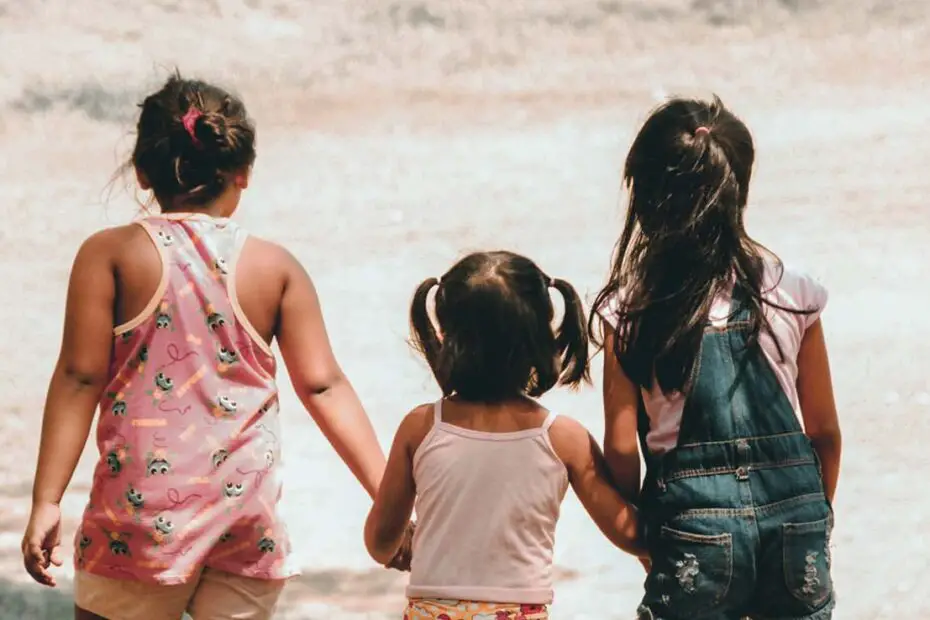Contents
hide
Key Takeaways
- The age of consent in the Philippines is 16, protecting minors from exploitation and abuse.
- The law aligns with global standards and aims to prevent adults from engaging in sexual activities with minors.
- Exceptions exist for consensual relationships among minors with a 3-year age gap.
- Violating the age of consent exposes offenders to severe legal consequences, including statutory rape charges.
Age of Consent Laws in Philippines
Age of consent laws serve as legal guidelines determining the minimum age at which an individual is considered legally competent to consent to sexual activities. These laws are designed to protect minors from sexual exploitation and abuse by adults, ensuring that any sexual engagement with individuals below this age is deemed illegal. The age of consent varies globally, reflecting diverse cultural, social, and legal perspectives on adolescence, maturity, and protection of young people. In the Philippines, significant strides have been made to update these laws to better shield minors, with Republic Act No. 11648 raising the minimum age of consent from 12 to 16 years. This legislative reform underscores the country’s commitment to aligning with international standards and addressing the urgent need to safeguard minors from sexual harm. Building on the foundation of understanding the age of consent, Republic Act No. 11648 not only elevates the minimum age but also introduces critical provisions to ensure the law’s effectiveness in protecting the youth. The law explicitly prohibits any form of sexual contact with individuals under 16 years of age, with a notable exception for consensual relationships where the age gap doesn’t exceed three years. This nuanced approach acknowledges the complexities of teenage relationships while maintaining a firm stance against adult exploitation of minors. The legislation’s emphasis on consent, combined with stringent penalties for violations, sends a clear message about the seriousness of such offenses. By criminalizing non-consensual, abusive, or exploitative sexual contact with individuals under 16, the Philippines strengthens its legal framework against sexual abuse and exploitation, reflecting a broader global movement towards safeguarding minors with more robust legal protections.Recent Changes in Age of Consent
The term ‘age of consent’ refers to the legally defined age at which an individual is considered capable of consenting to sexual activity. It’s a critical legal benchmark aimed at protecting minors from sexual abuse and exploitation. In various jurisdictions around the world, this age varies, reflecting differing societal values and legal frameworks. In the context of the Philippines, a significant legal reform has been implemented to better safeguard the well-being of minors. The modification of the age of consent from 12 to 16 years through Republic Act No. 11648 represents a pivotal evolution in the nation’s approach to child protection. This adjustment, championed by Philippine President Rodrigo Duterte, underscores a national commitment to combating the sexual exploitation of children and adolescents. By setting the age of consent at 16, the Philippines aligns more closely with international norms and the protective measures advocated by global organizations, such as Unicef. Building on the foundational understanding of the age of consent, Republic Act No. 11648 introduces nuanced provisions that address the complexities of consensual relationships among minors. Specifically, the law acknowledges situations where the individuals involved are close in age, offering an exception for consensual sexual activities within a maximum 3-year age gap. This clause is crucial in distinguishing between exploitative relationships and those where minors engage in consensual interactions without a significant age disparity.Does the Age of Consent in the Philippines Impact the Obando Fertility Rites?
The age of consent in the Philippines does have an impact on the Obando fertility rites. As discussed in a recent obando fertility rites article, the tradition involves dancing for fertility. With the age of consent being 12 in the Philippines, there are concerns regarding the involvement of young participants in the ritual.
